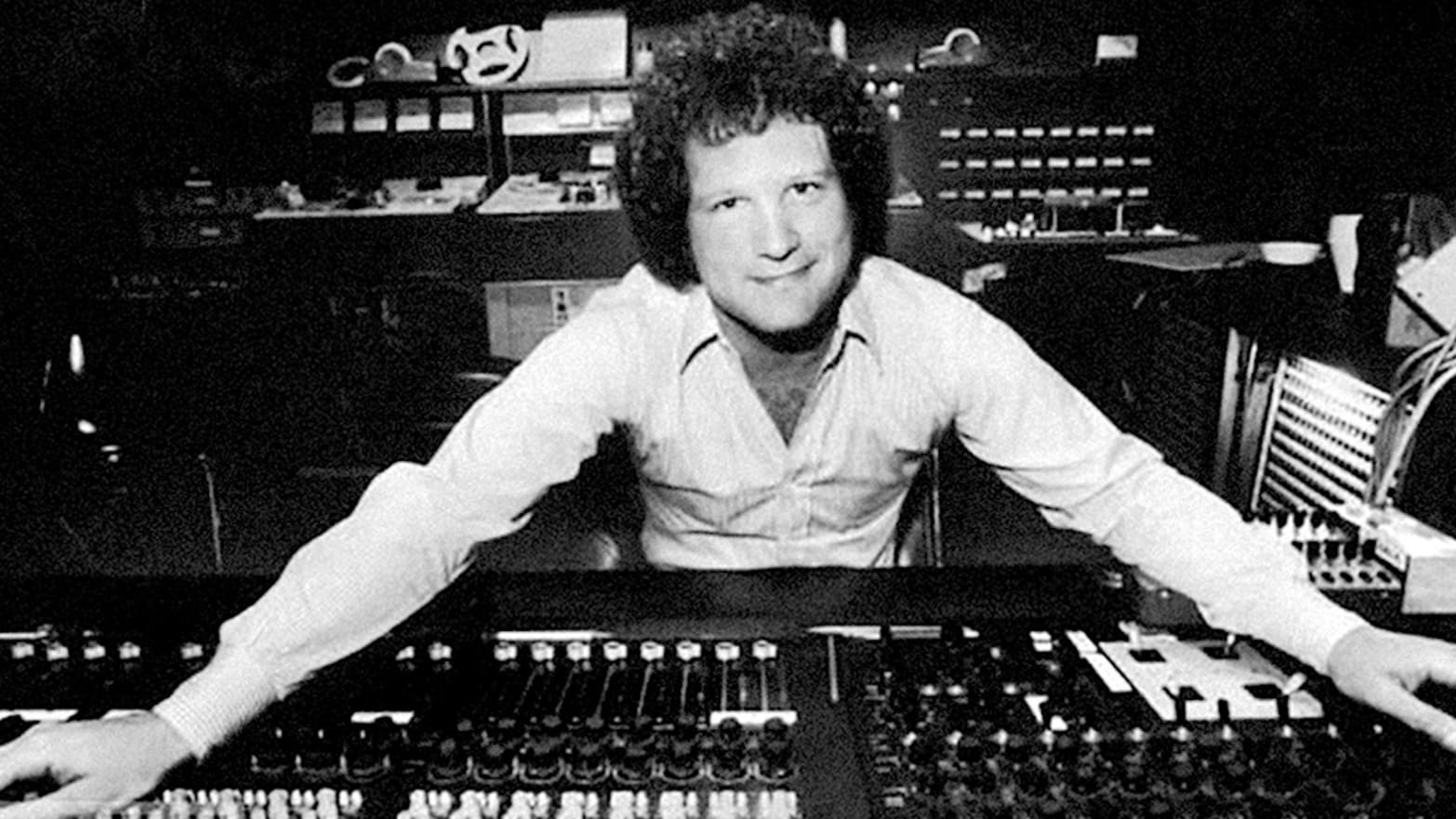
Five years into his comedy career, Albert Brooks appeared on stage to confess that he’d run out of material. He then showcases how simple laughs can be gained by tearing his shirt to reveal a painted-on face and slamming a pie into his face. This bit bookmarks this documentary about Albert Brooks’s career in comedy and filmmaking. He was hilarious but always insightful about finding something more to human nature within his bits. It was usually something deeply earnest about everything from fears of inadequacies to the nervous nature of our existence. He’s one of the most fascinating comedic actors who has an almost effortless nature to his charm.
Defending My Life has the actor/comedian deliver an autobiography in a conversational manner, considering he sits down for drinks with his good friend Rob Reiner, the director of this film. The title refers to one of Brooks’s most notable comedies, Defending Your Life. But while that film featured him as a character trying to make a case for having a good life, this documentary is more of a victory lap than a trial. The truth is that Brooks had a life relatively free of the usual trappings that befall some comedians. He wasn’t addicted to drugs or booze, and he didn’t face some level of bitterness for either his relationships or career.
The film highlights the legacy of Brooks with all his notable appearances on late-night programs and later in films. Various voices inspired by his work also voice their love for Brooks’s craft, often cracking up when discussing his brilliant bits about being a poor ventriloquist or an elephant tamer working with a frog. This includes plenty of inspired comedians, as well as those who have worked with him like director James L. Brooks. They have nothing but good things to say about him which probably fills Albert with a mixture of relief at the compliment and anxiousness for what they might not say if they weren’t in a documentary celebrating him. Early in the discussion, Reiner highlights how much he’s loved and envied Brooks’s work. “This is what it took?” asked a smirking Albert.
The most fascinating aspects of Brooks’s life are his more personal stories, which still manage to be funny. The topic of his real name being Albert Einstein came up and Reiner highlights how he was the third child, meaning his mother had two other chances to use that name. Albert makes the perfect joke about how his mother was waiting to see if that whole Theory of Relativity panned out. Albert also brings up how his father died right after finishing a bit on stage, complete with a musical number that followed his death which was so wildly inappropriate that he couldn’t help but laugh.
Although Brooks always highlighted the joyous moments of life, he seemed to become intoxicated on the more complicated emotions. This can be felt in everything from his work as the loser reporter from Broadcast News to the uncertain writer in Mother. Every film felt like it was exploring something different with the roles he took on. For Lost in America, he played an exagerration of people who take risks and have them blow up in their face. Compare that with Defending Your Life, where he was a feckless coward who learned to stand up for himself and pursue a meaningful romance. Everything he did made him such a surprisingly intricate actor, where his villain role in Driver was surprisingly intimidating.
By the end of the film, Brooks tells a story about how his agent said that he must love taking the hard road. Brooks smiles, “You think there’s another road. If I knew there was another road, I’d have a house there.” It’s that level of certainty that made Brooks such a compelling comedic force. He seemed to always have a clear path of what he wanted to and where he wanted to go. The progression of his career and personal life showcased in this documentary makes that illuminating part of his soul shine brighter. When James L. Brooks talks about the various voices that Albert provided for The Simpsons, he brought up how everybody felt like it was New Years anytime Albert was in the building. The truth is that Brooks doesn’t have to defend his life, but that he almost feels compelled to do so in his own lively manner of trying to find something more in life.

 “Deadpool & Wolverine” Review
“Deadpool & Wolverine” Review  “The Boys: Season Four” Review
“The Boys: Season Four” Review  “The American Society of Magical Negroes” Review
“The American Society of Magical Negroes” Review  “Twisters” Review
“Twisters” Review  “Sausage Party: Foodtopia” Review
“Sausage Party: Foodtopia” Review  “Robot Dreams” Review
“Robot Dreams” Review  “Godzilla x Kong: The New Empire” Review
“Godzilla x Kong: The New Empire” Review  “Slave Play. Not a Movie. A Play.” Review
“Slave Play. Not a Movie. A Play.” Review 



